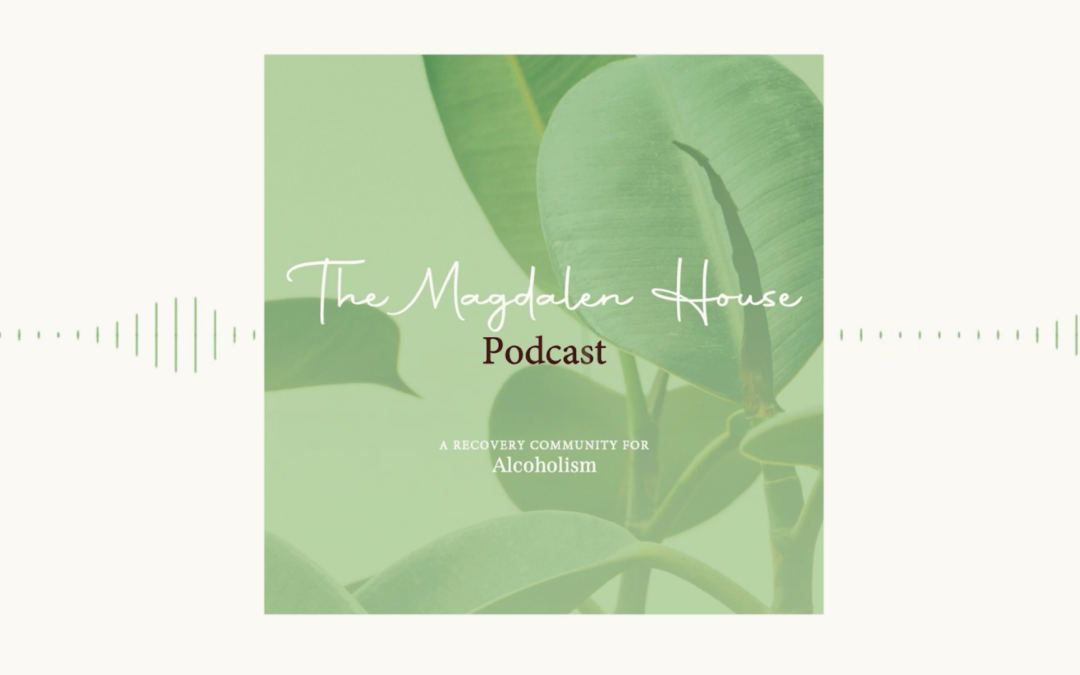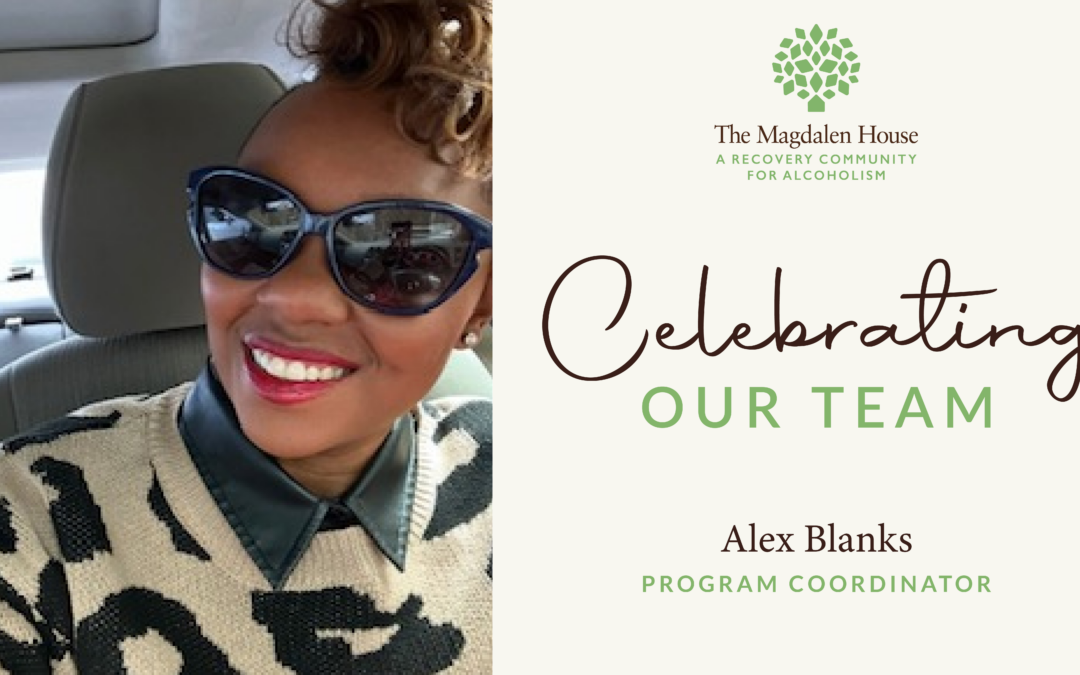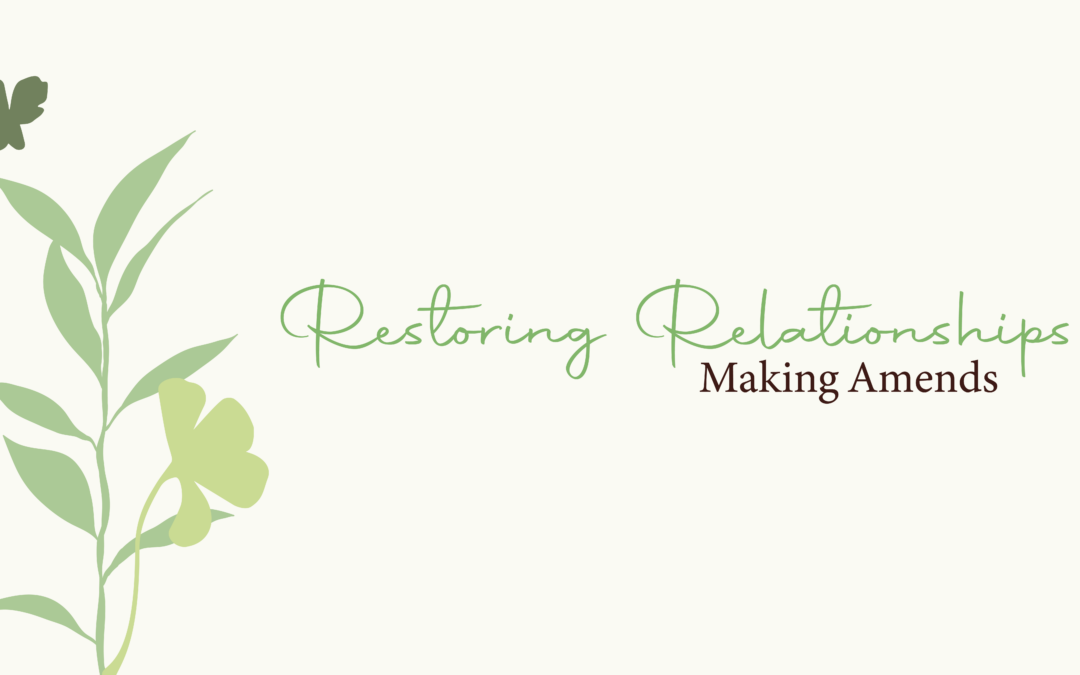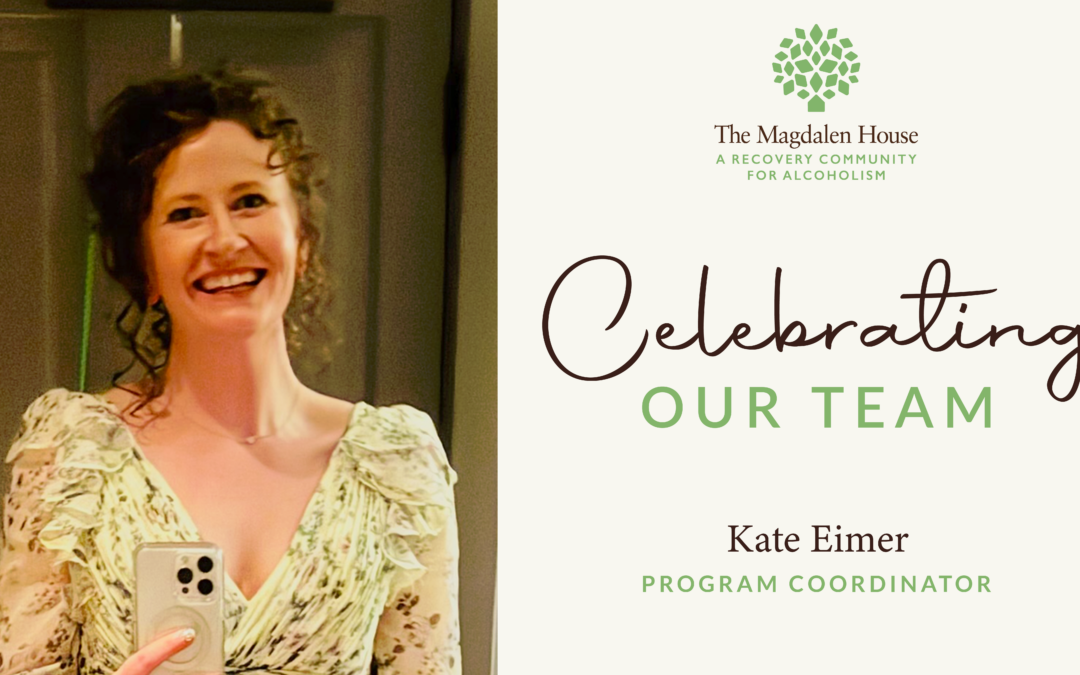Our Outreach team spoke with Shaneika Frazier from the Dallas College team to learn more about their Community Engagement, resources, and how The Magdalen House and Dallas College communities can stay engaged.
The Magdalen House: We are so excited to highlight Dallas College in our Community Partner Spotlight! Dallas College is a well-known and respected institution. You provide more than academic courses though their Community Engagement, so can you talk about how the Community centers came about and their growth since then?
Shaneika Frazier: Community outreach has always been a pillar of Dallas College. It involves more of the vendor tabling opportunities and community members sharing information or registering students and participants for their programs. So, that’s Outreach. But community engagement is more intentional and purposeful because our partners are a trusted resource in the community. Our partners have done all the work to build that trust and we just want to have a true collaboration with that effort. And so, we kind of want to be in the community as a resource and provide offerings versus how we’re used to the community coming to us.
Our partners have done all the work to build that trust and we just want to have a true collaboration with that effort. And so, we kind of want to be in the community as a resource and provide offerings versus how we’re used to the community coming to us.
TMH: What challenges have you identified when it comes to keeping community members engaged?
SF: We are spoken of as if we are in silos. One of the challenges is that people don’t connect Dallas County Community College District and Dallas College. We are still Dallas College. We were formerly known as the Dallas County Community College District. People think it’s a new college but it’s not, it’s just Dallas College. We are the same institution, but we operate as one which makes it easier for anyone to go on any campus or center to retrieve information.
We were formerly known as the Dallas County Community College District. People think it’s a new college but it’s not, it’s just Dallas College. We are the same institution, but we operate as one which makes it easier for anyone to go on any campus or center to retrieve information.
Another challenge is trying to encourage community members to come into our centers which is more community focused. The pandemic restricted a lot of activity at the centers. Even then, when people think of Dallas College, normally they’re thinking about college credits, classes, and courses. People are surprised that we have these supportive services and not just academic courses. We are constantly informing the community that we are one-stop shop of solutions and resources. Of course, if we don’t have the resource we have partners, such as The Magdalen House, that we can connect them to. That’s a new messaging, and its something we constantly must keep doing to get people aware of what services we have. That’s why we always say ‘My partners are kind of like my ambassadors.’ If we share something with you, and you have a partner organization that you’re doing work with, do not keep that information to yourself because there’s only one of me but there’s many of y’all. It’s wonderful when people bring new partners to the table because there’s plenty of opportunities for everyone.
People are surprised that we have these supportive services and not just academic courses. We are constantly informing the community that we are one-stop shop of solutions and resources. Of course, if we don’t have the resource we have partners, such as The Magdalen House, that we can connect them to.
We also face the challenge of partner readiness. Many of our partners are small in nature but do big things. To do business with Dallas College, there are a lot of steps to get a place where we can support them in a certain way. Our vision is to foster our partners and serve them in a way to where they are equipped and ready to take the next steps with Dallas College. We can return that because a lot of nonprofits have their own measurables they need to meet, so why recreate the wheel? If part of your objective is workforce training, we have that, so why not bridge that gap? Financial literacy, too. We can answer that call. We have all these embedded in our continuing education platforms. If or when they become a student, we have a food pantry. So, all the weight of feeding the underserved community members does not weigh on one organization.
TMH: Collaboration, then, is of the utmost importance to your work. Dallas College offers a portal not just for its students but to community members with free or low-cost resources. Affordable healthcare is high in demand and especially access to mental health services for college-aged students. Texas ranks one of the lowest when it comes to access to affordable healthcare, with most of them citing cost as the primary barrier. So because Dallas College heavily emphasizes the cost barriers and accessibility, how are your collaborative efforts and partnerships playing into these larger, national trends?
SF: Mental health is always a priority of Dallas College. Culturally, for some reason, especially people of color don’t like to talk about mental health. These conversations are just now being normalized. What I’ve found in my experience working with Dallas College is that life is heavy, especially with these transitions and isolations caused by the pandemic which required a lot of pivoting for some. And this pivoting was on top of already being underserved, living in poverty and housing crises for many people. Dallas College is very well versed in that because we don’t do anything without being strategic and data driven. We knew we had to pour a lot of resources into our mental health department through our success coach platforms, which is kind of like an academic advisor.
Previously, students met with advisors and all they talked about were classes, courses, grades, and what books to purchase. But now there’s an element of case management. There’s a questionnaire that out success coaches will ask each student, even students of interest. Students of interest or Dallas College students have the opportunity meet success coaches virtually or in-person to help identify what the needs are and what resources we can offer them. Whereas, back in the day, they would just hand you a flyer. So, now there is a partnership not just with our success coaches but with our faculty as well. We are all sharing that responsibility of that community wellbeing.
We knew we had to pour a lot of resources into our mental health department through our success coach platforms, which is kind of like an academic advisor.
Previously, students met with advisors and all they talked about were classes, courses, grades, and what books to purchase. But now there’s an element of case management.
That’s why we are intentional with our partnerships. For instance, once we learned more about The Magdalen House, we wanted to put it everywhere in Dallas College because the organization’s doing phenomenal work in recovery. The tour of the House was very warm and inviting. The intentionality and the support not just for your clients but their families, is a full circle wraparound moment. We want to connect partners with Dallas College to serve our students and families in the best way and eliminate cost barriers to recovery. So, we was so delighted to read about your expansion to men’s programming. We have thought how awesome this will be for our community. This partnership is very important because our community partners are everything. It’s not just about meeting, it’s about where we can place you so that you can serve the best and at scale.
For instance, once we learned more about The Magdalen House, we wanted to put it everywhere in Dallas College because the organization’s doing phenomenal work in recovery. The tour of the House was very warm and inviting. The intentionality and the support not just for your clients but their families, is a full circle wraparound moment. We want to connect partners with Dallas College to serve our students and families in the best way and eliminate cost barriers to recovery.
Learn More about Dallas College resources online here.






